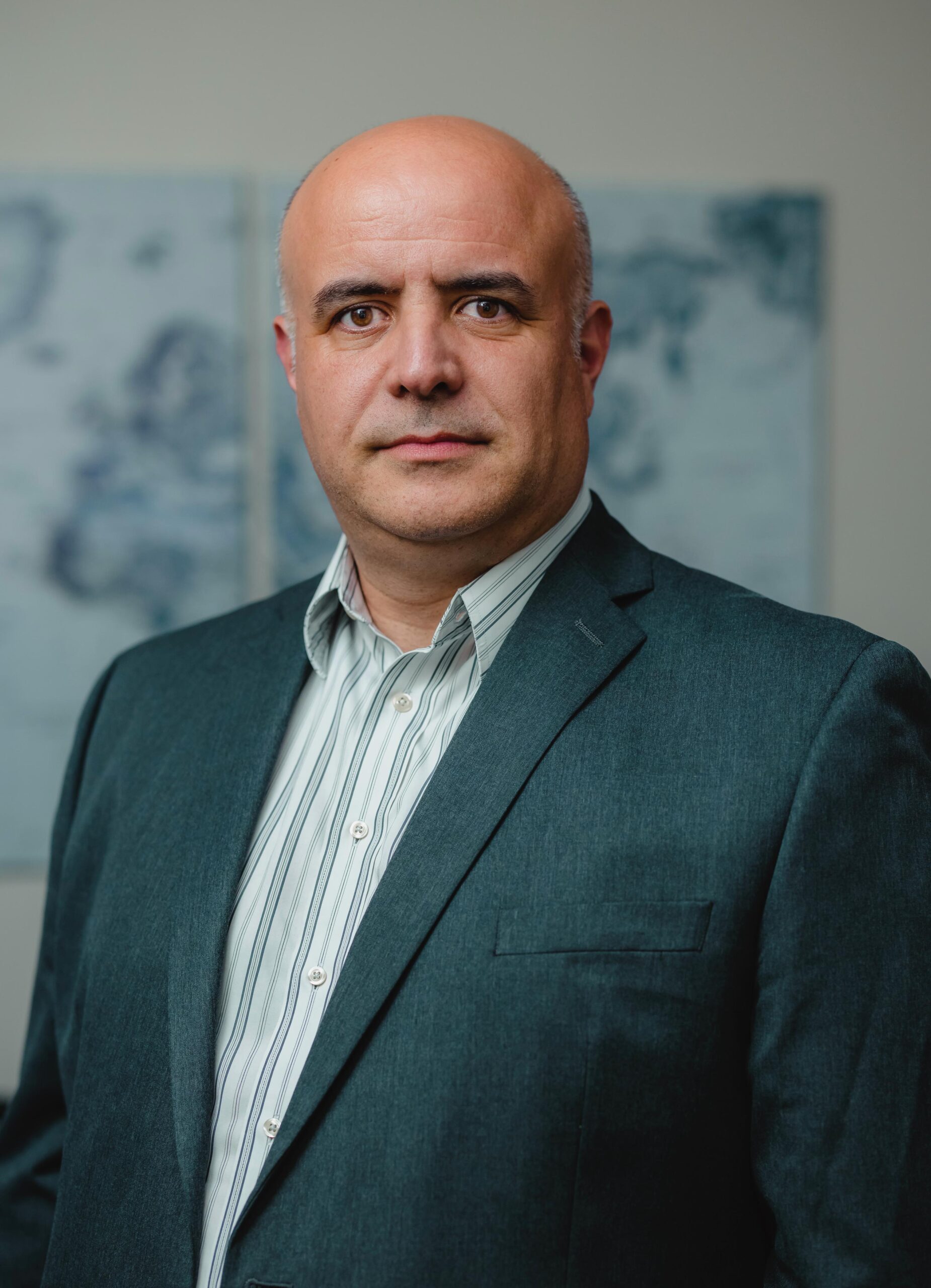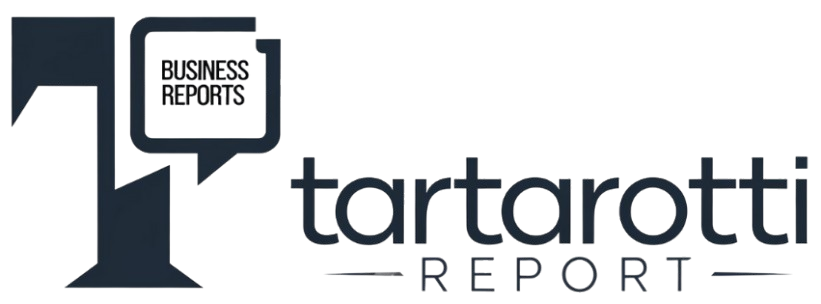Introduction:
The Cayman Islands have established themselves as one of the world’s leading offshore financial centers, particularly in the private investment fund sector. With more than 12,000 registered funds, the Cayman Islands offer a sophisticated and flexible regulatory environment, attracting global investors looking for efficient asset management structures.
According to recent data from the Cayman Islands Monetary Authority (CIMA), the total value of assets under management in regulated funds will exceed US$1.8 trillion by 2023. This impressive volume underscores the importance of the Cayman Islands on the global financial stage and the need for an in-depth understanding of its structures and regulations for private funds.
In this comprehensive guide, we will explore the nuances of private fund structures in the Cayman Islands, providing valuable insights for fund managers, institutional investors and financial professionals looking to navigate this sophisticated offshore environment. Get ready for a detailed journey through the Cayman Islands private funds ecosystem.
Part 1: Ready to Roll 🚀 – Basic Strategies and Practical Actions
Part 1, “Ready to Roll”, offers practical actions and immediate advice for entrepreneurs who need quick and effective guidance.

- Understanding Private Fund Structures in the Cayman Islands: Before diving into advanced strategies, it’s essential to lay a solid foundation:
- Types of Funds: Familiarize yourself with the common structures, including Limited Partnerships, Companies and Unit Trusts.
- Private FundsAct: Understand the basic requirements of the Private Funds Act, 2020.
- Alternative Investment Vehicles: Explore options such as Segregated Portfolio Companies (SPCs) and Limited Liability Companies (LLCs).
- Key Benefits: Identify the advantages of establishing funds in the Cayman Islands, including structural flexibility and tax efficiency.
- Developing Private Fund Strategies: When planning your private fund in the Cayman Islands, consider:
- Fund Objectives: Align the fund structure with your investment goals and investor profile.
- Investment Strategy: Determine whether the fund will be open-ended or closed-ended, and which asset classes will be the focus.
- Investor Profile: Consider the needs and preferences of target investors, including reporting and liquidity requirements.
- Tax Planning: Assess the tax implications for the fund and its investors in different jurisdictions.
- Practical Private Fund Implementation: To effectively establish a private fund in the Cayman Islands:
- Selecting Service Providers: Carefully choose administrators, auditors and legal advisors with experience in Cayman.
- Registration Process: Familiarize yourself with the registration requirements with CIMA and prepare the necessary documentation.
- Initial Compliance: Implement policies and procedures to meet regulatory requirements, including AML and KYC.
- Governance Structure: Establish a robust governance structure, including the appointment of qualified directors or managers.
Part 2: Deep Dive 🤿 – Technical Deep Dive into Advanced Strategies
Part 2, “Deep Dive”, provides in-depth analysis for those wishing to delve into the technical and complex aspects of international finance.

- Detailed Analysis of the Private Funds Law: Explore the nuances of private funds regulation: a) Scope of the Law: Understand which entities qualify as private funds under Cayman law. Example: A private equity fund focused on technology startups structures itself as a Limited Partnership in Cayman, benefiting from the flexibility and protection offered by the jurisdiction. b) Operational Requirements: Analyze ongoing obligations, including asset valuation, custody and annual audits. Case: A multi-strategy hedge fund implements robust asset valuation processes and hires a reputable custodian to comply with Cayman regulatory requirements. c) Reporting and Disclosures: Understand the reporting requirements for CIMA and investors. Application: A structured credit fund develops a comprehensive reporting system to provide regular updates to CIMA and keep its investors informed.
- Innovations in Fund Structures: Explore advanced structures and emerging trends:
- Crypto AssetFunds: Analyze how the Cayman Islands is adapting to accommodate funds focused on digital assets.
- Hybrid Structures: Explore models that combine characteristics of open-ended and closed-ended funds for greater flexibility.
- Special Purpose Vehicles (SPVs): Understand how SPVs can be used in conjunction with core funds for specific investment strategies.
- ESG Funds: Examine the growth of funds focused on sustainable investments and their regulatory treatment in Cayman.
- Advanced Compliance and Risk Management Strategies: Develop sophisticated approaches to navigating the regulatory environment: a) Enhanced Due Diligence:
- Implement robust due diligence processes for investors and investments.
- Use advanced technology for sanctions screening and continuous monitoring.
b) Conflict of Interest Management:
- Develop comprehensive policies to identify and mitigate conflicts of interest.
- Implement controls to manage transactions with related parties.
c) Cyber Security and Data Protection:
- Adopt advanced cyber security measures to protect sensitive investor information.
- Ensure compliance with global data protection regulations, such as GDPR.
d) Business Continuity Plans:
- Develop robust strategies to deal with operational disruptions or market crises.
- Consider using cloud technologies to increase operational resilience.
- Global Tax Considerations: Address the tax complexities of operating a fund in Cayman:
- Impact of FATCA and CRS: Implement processes to comply with international reporting requirements.
- Structuring for Tax Efficiency: Explore strategies to optimize tax efficiency for investors in different jurisdictions.
- Substance Requirements: Understand and comply with Cayman’s economic substance requirements.
- Tax Treaties: Analyze how Cayman’s network of tax treaties can impact fund structuring.
- Future Trends and Regulatory Developments: Anticipate future developments in the Cayman fund landscape: a) Increased Transparency:
- Prepare for possible additional disclosure and transparency requirements.
- Consider implementing enhanced voluntary reporting practices for investors.
b) Focus on Technology:
- Explore the use of blockchain and other emerging technologies in fund administration.
- Anticipate potential regulations specific to technology and fintech funds.
c) Alignment with Global Standards:
- Keep abreast of global initiatives such as the IOSCO guidelines and prepare for their implementation in Cayman.
- Keep up to date on developments in key jurisdictions such as the US and EU that could impact Cayman.
d) Sustainability and ESG:
- Anticipate regulations focused on ESG disclosures and sustainable investments.
- Consider integrating ESG metrics into your investment and reporting processes.
- Adapting to Geopolitical Changes: a) Impact of Brexit:
- Analyze how the UK’s exit from the EU affects Cayman funds with European exposure.
- Explore opportunities for Cayman to position itself as a bridge between markets post-Brexit.
b) US-China relations:
- Examine how geopolitical tensions influence investment flows through Cayman.
- Consider strategies to mitigate risks associated with sanctions or trade restrictions.
- Innovation in Investment Products: a) Digital Asset Funds:
- Explore the growth of funds focused on cryptocurrencies and non-fungible tokens (NFTs).
- Analyze how Cayman is adapting its regulation to accommodate these new assets.
b) Social Impact Funds:
- Examine the rise of funds focused on impact investing and their structuring in Cayman.
- Discuss measurement and reporting challenges for these types of investments.
- Evolution in Governance Practices: a) Diversity and Inclusion:
- Analyze global trends in diversity on boards and fund management teams.
- Discuss how Cayman is promoting more inclusive governance practices.
b) Technology in Governance:
- Explore the use of AI and analytics tools to improve decision-making processes.
- Discuss regulatory implications of using advanced technologies in fund governance.
- Operational Resilience and Crisis Management: a) Lessons from the Pandemic:
- Analyze how funds in Cayman have adapted to the operational challenges of COVID-19.
- Discuss the implementation of remote working practices and their regulatory implications.
b) Preparing for Future Crises:
- Explore strategies to increase operational resilience in the face of disruptive events.
- Discuss the role of technology in business continuity and disaster recovery.
Conclusion
The Cayman Islands continues to evolve as an elite offshore financial center, particularly in the private funds sector. The jurisdiction demonstrates a remarkable ability to adapt to global regulatory changes, technological innovations and market demands, while maintaining its attractiveness to fund managers and international investors.
The successful implementation of the Private Funds Act 2020 is testimony to Cayman’s commitment to regulatory excellence and transparency. This development has not only strengthened Cayman’s position on the global financial stage, but has also set a new standard for offshore jurisdictions.
Looking ahead, Cayman faces both significant challenges and opportunities:
- Evolving Regulation: Continued adaptation to international standards, such as the FATF and OECD guidelines, will be crucial to maintaining Cayman’s reputation.
- Technological Innovation: The incorporation of emerging technologies such as blockchain and AI into fund management and regulation offers exciting opportunities for efficiency and transparency.
- Sustainability and ESG: The growing focus on sustainable investments and ESG practices presents new avenues for innovation in fund products.
- Geopolitics and Global Economy: Navigating geopolitical tensions and economic uncertainties will require flexibility and resilience from Cayman’s fund structures.
- Competition from Other Jurisdictions: Maintaining a competitive edge against emerging jurisdictions will require continuous innovation and service excellence.
For fund managers, investors and financial professionals operating in the Cayman ecosystem, future success will depend on:
- Regulatory Agility: Staying current and adaptable to rapid regulatory change.
- Prudent Innovation: Exploring new structures and asset classes while maintaining a robust risk management approach.
- Operational Excellence: Investing in technology and processes to ensure continuous efficiency and compliance.
- Client Focus: Adapting to the evolving needs of investors, especially in areas such as ESG and transparent reporting.
- Global Collaboration: Actively engage with international regulators and peers to shape the future of the industry.
The Cayman Islands is well positioned to maintain its prominence in the global private funds landscape. The combination of a sophisticated regulatory environment, world-class service infrastructure and ability to adapt to emerging trends continues to make Cayman an attractive choice for fund structuring.
However, continued success is not guaranteed. It will be essential for all stakeholders – from regulators to service providers and fund managers – to remain vigilant, innovative and committed to the highest standards of governance and compliance.
For those navigating this dynamic environment, the key will be to combine an in-depth understanding of Cayman’s regulatory nuances with a global perspective. This includes not only compliance with local rules, but also anticipating international trends that may impact the industry.
By embracing innovation, maintaining integrity and focusing on sustainable value creation, market participants can ensure that the Cayman Islands continues to thrive as a center of excellence for private funds in the ever-evolving global financial landscape.
The journey ahead is challenging, but full of opportunities. With the right combination of expertise, adaptability and strategic vision, the Cayman Islands and its global partners are well placed to define the future of offshore private funds, setting new standards of excellence, transparency and financial innovation.
FAQs
- Q: What are the main benefits of establishing a private fund in the Cayman Islands compared to other offshore jurisdictions? A: The Cayman Islands offer several advantages, including a sophisticated and flexible regulatory environment, fiscal neutrality, political and economic stability, and a world-class financial services infrastructure. In addition, the global familiarity with Cayman’s structures makes it easier to attract international investors.
- Q: How has the Private Funds Act 2020 affected the funds environment in Cayman? A: The Private Funds Law has brought greater transparency and regulatory oversight, bringing Cayman in line with international standards. While it has increased compliance requirements, it has also strengthened Cayman’s reputation as a well-regulated jurisdiction, potentially increasing its attractiveness to institutional investors.
- Q: What are the typical costs associated with setting up and maintaining a private fund in Cayman? A: Costs vary, but generally include initial registration fees (approximately US$4,000 to US$6,000), annual maintenance fees, directors’ fees, administration and audit costs. The total annual cost can vary from US$50,000 to US$100,000 or more, depending on the size and complexity of the fund.
- Q: How are the Cayman Islands adapting to ESG and sustainability investment trends? A: Cayman is responding to the growing interest in ESG by developing guidelines for sustainable funds and considering specific regulations for ESG disclosures. Many funds in Cayman are already incorporating ESG criteria into their investment strategies and reporting.
- Q: What are the key considerations for maintaining a private fund’s compliance in Cayman over the long term? A: Crucial elements include: keeping proper records, conducting annual audits, complying with asset valuation and custody requirements, implementing robust AML/KYC processes, and ensuring effective governance through qualified directors or managers. It is also important to keep up to date with regulatory changes and adapt the fund’s practices as necessary.

Member of the IMA (Institute of Management Accountants) – USA
Member of the AICPA (American Institute of CPAs) – USA
Member of AAII (American Association of Individual Investors) – USA
Member of AAA (American Accounting Association) – USA
Member of the FMA (Financial Management Association) – USA
These associations not only attest to Kleyton’s commitment to professional excellence, but also ensure that his knowledge is always at the forefront of international financial and accounting practices.
With a robust academic background, including a Bachelor’s degree in Accounting and MBAs in International Finance and Accounting, as well as in International Business, Kleyton offers a unique and comprehensive perspective on the global business landscape.
Through the Tartarotti Report, Kleyton invites visionary entrepreneurs and executives to connect, explore opportunities for collaboration and, together, successfully navigate the complex world of international corporate finance.







